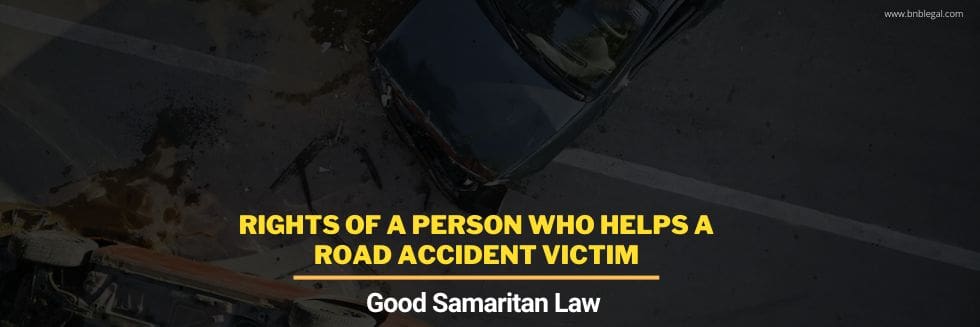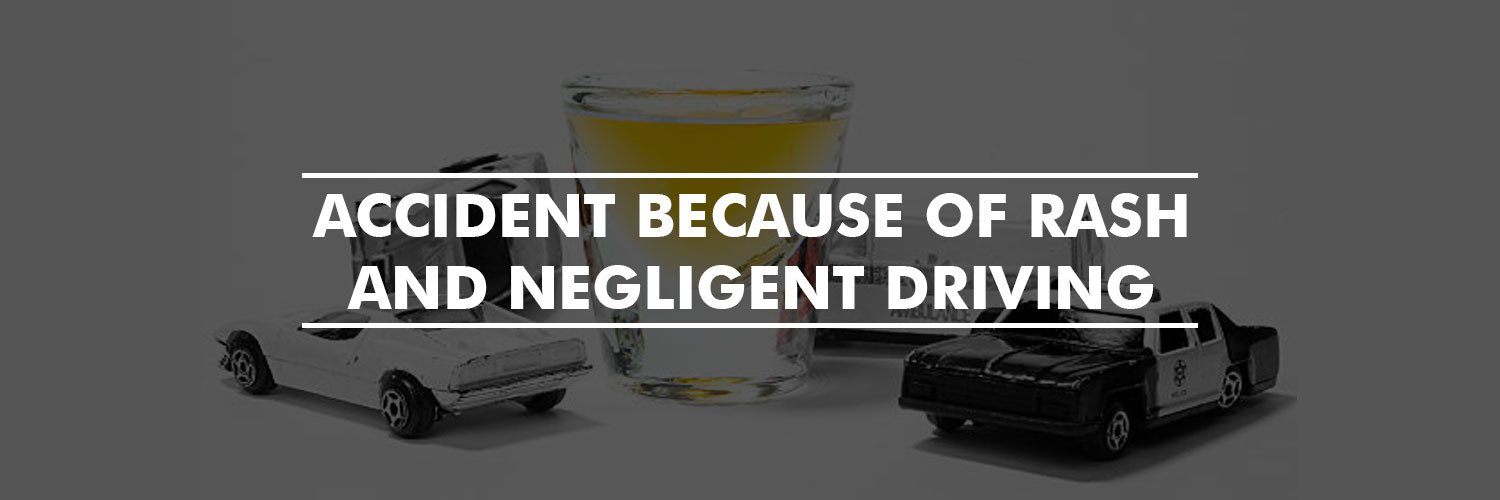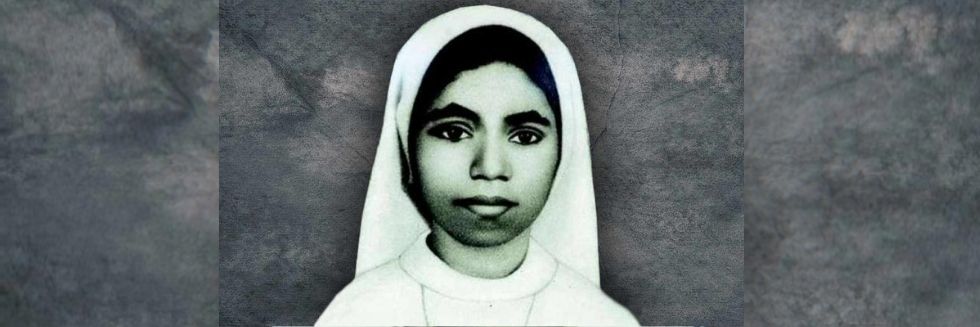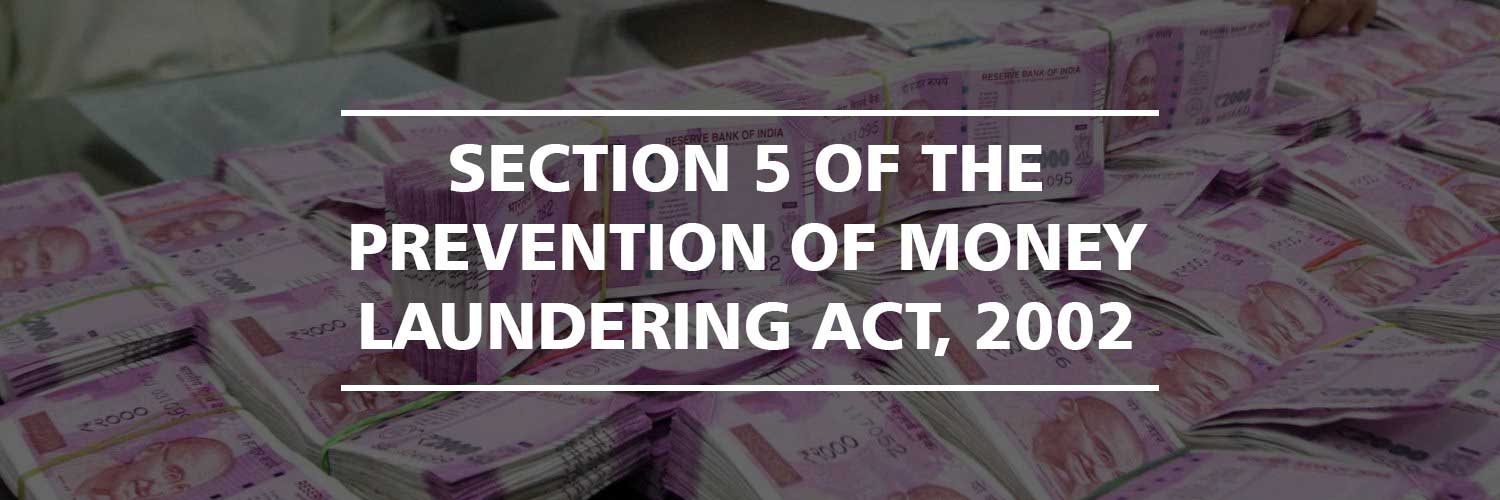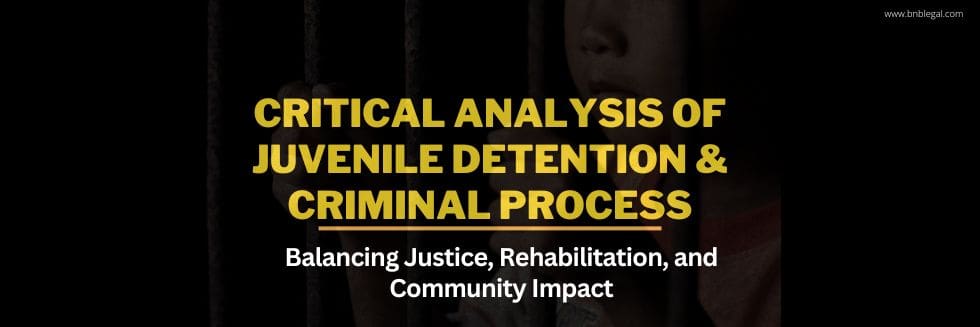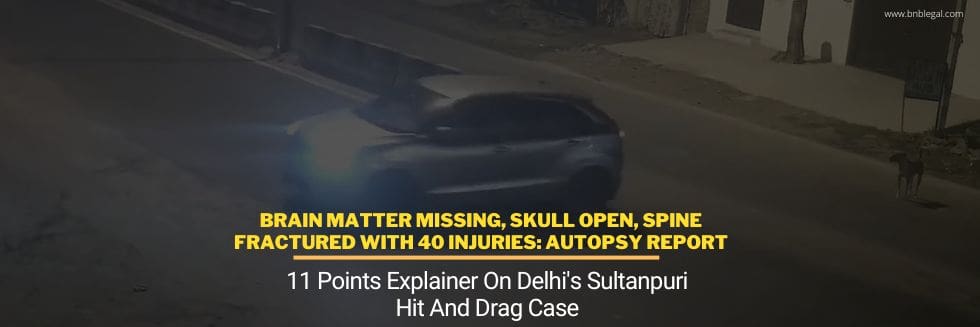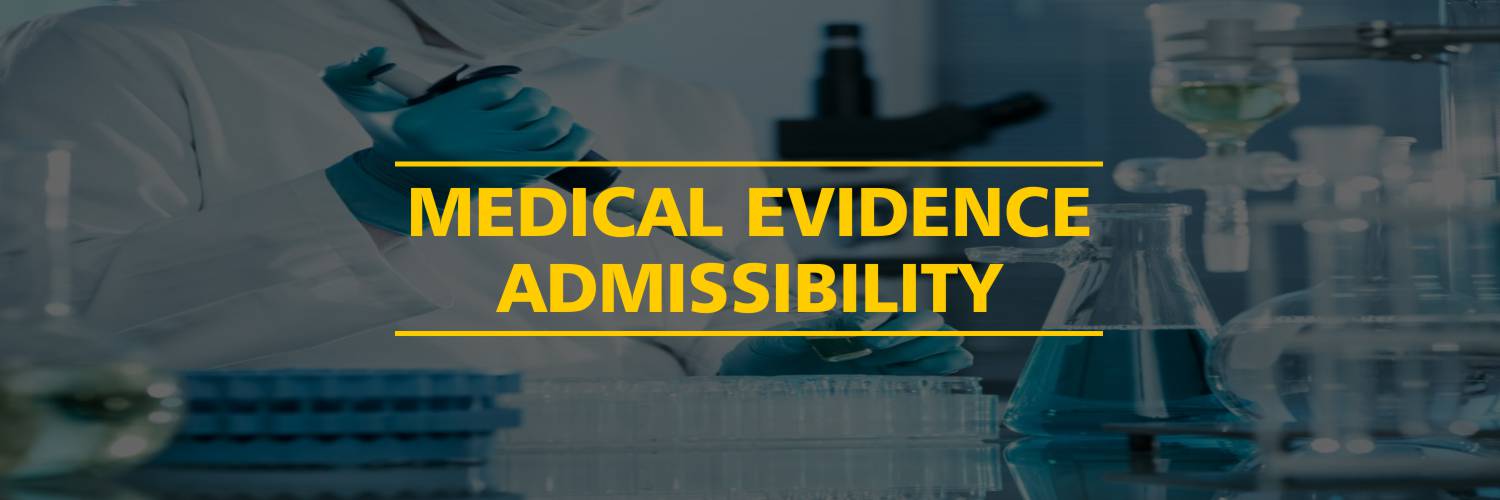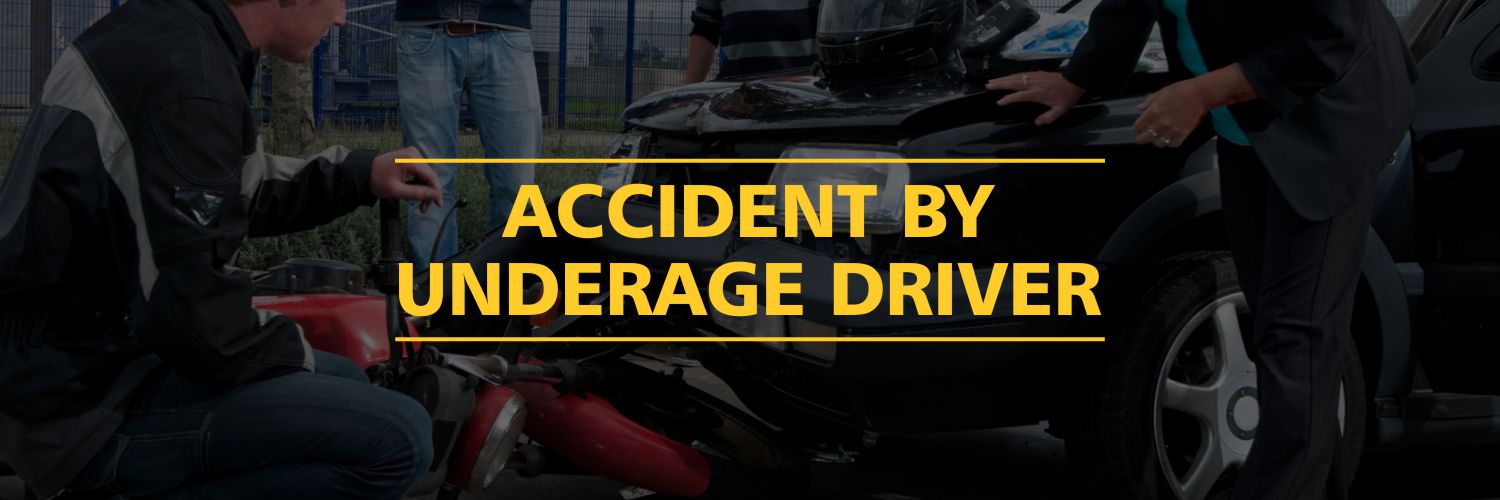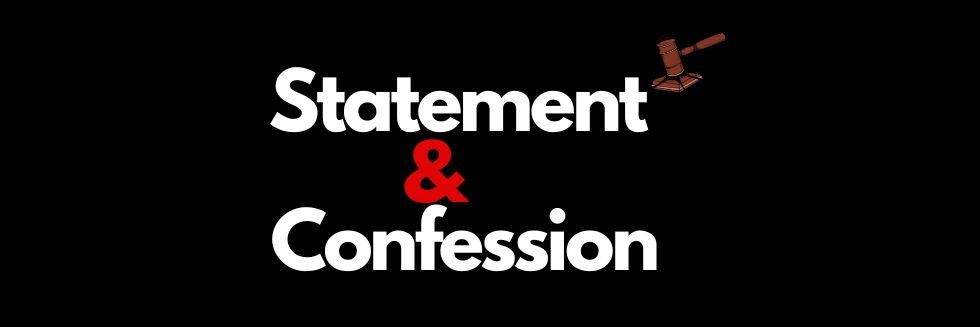It is quite frightening to see that nowadays if an accident occurs on the roads and someone is screaming for help, there will be more spectators than those who will help. What’s more horrible is the greed for more likes and views on social media, leading the spectators to record someone’s pain instead of helping. Besides this, there are good people too who want to help but have a constant fear of being harassed by police or authorities. For them, there exist Good Samaritan law. This law enlists the rights of a person who helps a road accident victim.
What Is Good Samaritan Law?
A Good Samaritan is a person who, in good faith, without expectation of payment or reward and without any duty of care or special relationship, voluntarily comes forward to administer immediate assistance or emergency care to a person injured in an accident, or crash, or emergency medical condition, or emergency situation.
Though it is our basic moral duty as human beings, there are multiple fears attached to this good deed. Because of this, many of us are advised to stay away in case of road accidents and from helping people in painful situations. The major reason is harassment by police and other legal complications. In a lot of cases, a Good Samaritan is questioned and assaulted by the police throughout the whole process which leads the person to regret over his/her good deed.
Horrible Stats About Road Accident Deaths In India
Do you know that India tops the list of countries with the highest number of deaths caused due to road accidents?
- As per the latest National Crime Records Bureau (NCRB) report, as many as 1.73 lakh people lost their lives in around 4.22 lakh traffic accidents in the country in 2021.
- The number of traffic accidents increased from 3,68,828 in 2020 to 4,22,659 in 2021.
- As per the Ministry of Road Transport and Highways, road accidents alone have claimed more than 2,00,000 lives in India and 17 people die on roads every hour.
- A report by the Law Commission of India dated August 2006, 50% of fatalities could be averted if victims receive timely medical attention.
Why Good Samaritan Hesitate To Help A Road Accident Victim?
As we see quite often that people prefer recording an accident rather than helping a road accident victim, there are still some people who value humanity and have empathy. Those potential Good Samaritans choose not to help because of so many reasons including harassment at the hands of police, financial payments at hospitals, court visits, poor implementation of Good Samaritans law, etc. There are some terrifying stats which show how poorly Good Samaritan law is implemented and how badly we need to protect them against any kind of harassment.
- As per National Study conducted by the Save LIFE foundation and TNS India Pvt. Ltd, 74% of bystanders are unlikely to assist road accident victims.
- 88% of bystanders chose not to help because of the legal complications attached to it including police interrogation.
- 77% of the bystanders stated that they hesitated to help because of the detention at the hospitals and obligations to pay fees at the hospital.
- 84% of people are not aware of the Good Samaritan Law.
- 76% of medical professionals reported that no action was taken against professionals who did not comply with the Good Samaritan Law.
- 59% Good Samaritans reported being detained by Police despite the Law.
- Over 70,000 lives can be potentially saved if bystanders come forward to help in our country.
- 77% people stated that hospitals unnecessarily detained Good Samaritans and were asked to pay hospital registration fees and other charges.
Rights Of A Person Who Helps A Road Accident Victim
- There would be no criminal or civil charges on the Good Samaritan if there is death or injury to the victim
- There can be no pressure on the person to reveal their identity who informed the police or emergency services
- The official will face disciplinary action if forces the Good Samaritan to disclose his/her identity.
- The Ministry of Health and Family Welfare declared that the Good Samaritan is not liable for the treatment which will be provided to the victim.
- If the victim denied treatment, there would be action against the doctors in the emergency for ‘professional misconduct.
- In the court, the Good Samaritan can become a witness but cannot be forced to be one.
- Examination may either be done by way of a commission under Section 284 of the Code of Criminal Procedure 1973 or formally on affidavit as per Section 296.
- In case of court hearings, video Conferencing can be done.
When Was Good Samaritan Law Established In India?
In 2012, SaveLIFE Foundation filed a Public Interest Litigation (PIL) in the Supreme Court of India, requesting the Hon’ble court to safeguard Good Samaritans who come forward to help an injured person in road accidents. Following which Good Samaritan (Protection from Civil and Criminal Liabilities) and Miscellaneous Provisions Bill was introduced in the Parliament in 2014.
The Bill aimed at constituting a Good Samaritan authority and to further creating an obligation on the hospitals and the clinics to help the victims. It also provided for the rights and provisions for the Good Samaritan. Supreme Court directed the Union government to frame guidelines to protect the Good Samaritans against any kind of discrimination.
Government Guidelines As Per Supreme Court Direction Related To Good Samaritan Protection
Whereas the Hon’ble Supreme Court in the case of SaveLIFE Foundation and another Vs. Union Of India and another in Writ Petition (Civil) No. 235 of 2012 vide its order dated 29th October 2014, interalia, directed the Central Government to issue necessary directions with regard to the protection of Good Samaritans until appropriate legislation is made by the Onion Legislature;
And whereas, the Central Government considers it necessary to protect the Good Samaritans from harassment on the actions being taken by them to save the life of the road accident victims and, therefore, the Central Government hereby issues the following guidelines to be followed by hospitals, police and all other authorities for the protection of Good Samaritans, namely:-
1. (1) A bystander or Good Samaritan including an eyewitness of a road accident may take an injured person to the nearest hospital, and the bystander or Good Samaritan should be allowed to leave immediately except after furnishing the address by the eyewitness only and no question shall be asked to such bystander or Good Samaritan.
(2) The bystander or Good Samaritan shall be suitably rewarded or compensated to encourage ether citizens to come forward to help the road. accident victims by the authorities in the manner as may be specified by the State Governments.
(3) The bystander or Good Samaritan ‘shall not be liable for any civil and criminal liability.
(4) A bystander or Good Samaritan, who makes a phone call to inform the police or emergency services for the person lying injured on the road, shall not be compelled to reveal his name and personal details on the phone or in person.
(5) The disclosure of personal information, such as the name and contact details of the Good Samaritan shall be made voluntary and optional including in the Medico-Legal Case (MLC) Form provided by hospitals.
(6) The disciplinary or departmental action shall be initiated by the Government concerned against public officials who coerce or intimidate a bystander or Good Samaritan for revealing his name or personal details.
(7) In case a bystander or Good Samaritan, who has voluntarily stated that he is also an eye-witness to the accident and is required to be examined for the purposes of investigation by the police or during the trial, such bystander or Good Samaritan shall be examined on a single occasion and the State Government shall develop standard operating procedures to ensure that bystander or Good Samaritan is not harassed or intimidated.
(8) The methods of examination may either be by way of a commission under section 284, of the Code of Criminal Procedure 1973 or formally on affidavit as per section 296, of the said Code and Standard Operating Procedures shall be developed within a period of thirty days from the date when this notification is issued.
(9) Video conferencing may be used extensively during examination of bystander or Good Samaritan including the persons referred to in guideline (1) above, who are eye witnesses in order to prevent harassment and inconvenience to Good Samaritans.
(10) The Ministry of Health and Family Welfare shall issue guidelines stating that all registered public and private hospitals are not to detain bystander or Good Samaritan or demand payment for registration and admission costs, unless the Good Samaritan is a family member or relative of the injured and the injured is to be treated immediately in pursuance of the order of the Hon’ble Supreme Court in Pt. Parmanand Katara vs Union of India & Ors [1989] 4 sec 286.
(11) Lack of response by a doctor in an emergency situation pertaining to road accidents, where he is expected to provide care, shall constitute “Professional Misconduct”, under Chapter 7 of the Indian Medical Council (Professional Conduct, Etiquette and Ethics) Regulation, 2002 and disciplinary action shall be taken against such doctor under Chapter 8 of the said regulations.
12) All hospitals shall publish a charter in Hindi, English and the vernacular language of the State or Union territory at their entrance to the effect that they shall not detain bystander or Good Samaritan or ask depositing money from them for the treatment of a victim.
(13) In case a bystander or Good Samaritan so desires, the hospital shall provide an acknowledgment to such Good Samaritan, confirming that an injured person was brought to the hospital and the time and place of such occurrence and the acknowledgement may be prepared in a standard format by the State Government and disseminated to all hospitals in the State for incentivising the bystander or Good Samaritan as deemed fit by the State Government.
(14) All public and private hospitals shall implement these guidelines immediately and in case of noncompliance or violation of these guidelines appropriate action shall be taken by the concerned authorities.
(15) A letter containing these guidelines shall be issued by the Central Government and the State Government to all Hospitals and Institutes under their respective jurisdiction, enclosing a Gazette copy of this notification and ensure compliance and the Ministry of Health and Family Welfare and Ministry of Road Transport and Highways shall publish advertisements in all national and one regional newspaper including electronic media informing the general public of these guidelines. ‘
2. The above guidelines in relation to the protection of bystanders or Good Samaritans are without prejudice to the liability of the driver of a motor vehicle in the road accident, as specified under Section 134 of the Motor Vehicles Act, 1988 (59 of 1988:).
Supreme Court Judgment On Protection Of Good Samaritans
The Bill has not been passed yet. But Supreme Court gave “force of law” under Article 141 of the Indian Constitution to the guidelines issued by the Ministry of Road Transport and Highways in March 2016. Therefore, the Court made the guidelines enforceable in all States and Union Territories in India till effective legislation is in place.
Protection Of Good Samaritans Under Motor Vehicle (Amendment) Act
- The Ministry of Road Transport and Highways published the rules for the protection of Good samaritans vide GSR 594 (E) dated 29th September 2020.
- The Rules stated that a Good Samaritan shall have the rights as detailed in the rules and shall be treated respectfully without any discrimination on the grounds of religion, nationality, caste or sex.
- No police officer or any other person shall compel a Good Samaritan to disclose his/her name, identity, address or any such other personal details. However, he may voluntarily choose to disclose the same.
- The Rules also provide that every public and private hospital shall publish a charter in Hindi, English and vernacular language, at the entrance or other conspicuous location, and on their website, stating the rights of Good Samaritans under the Act and the rules made thereunder.
- If a person has voluntarily agreed to become a witness in the case in which he has acted as a Good Samaritan, he shall be examined in accordance with the provisions of this rule, for which detailed guidelines and process has been mentioned in the rules.
- A new Section 134A was inserted in the Motor Vehicle (Amendment) Act to protect Good Samaritans.
Section 134A of Motor Vehicle (Amendment) Act
134A. Protection of Good Samaritans. —
(1) A Good Samaritan shall not be liable for any civil or criminal action for any injury to or death of the victim of an accident involving a motor vehicle, where such injury or death resulted from the Good Samaritan’s negligence in acting or failing to act while rendering emergency medical or non-medical care or assistance.
(2) The Central Government may by rules provide for the procedure for questioning or examination of the Good Samaritan, disclosure of personal information of the Good Samaritan and other related matters.
Explanation.– For the purposes of this Section, “Good Samaritan” means a person, who in good faith, voluntarily and without expectation of any reward or compensation renders emergency medical or nonmedical care or assistance at the scene of an accident to the victim or transports such victim to the hospital.
Is There Any Good Samaritan Cash Reward Scheme?
The Ministry of Road Transport and Highways (MoRTH) in October 2021 issued a statement notifying that the Union government has launched a monetary reward scheme for Good Samaritans. As per the scheme, a person who saves the life of a road accident victim by rushing them to a hospital within the “golden hour” will get a cash reward of ₹5,000.
The Golden Hour refers to the one-hour time period during which the likelihood of preventing death by providing prompt medical care to the victim is the highest.
A person could be awarded a maximum of five times in a year. In addition to a financial reward, the Good Samaritan will also get a certificate of appreciation.
The Ministry also stated that there will be 10 national-level awards each year for the worthiest Good Samaritans, who would be selected from all those who have been awarded during the whole year and they would be given an award of ₹1 lakh each.
The guidelines issued by the government also mentioned that if more than one Good Samaritan saves the life of more than one victim, the amount of award would be ₹5,000 per victim saved, subject to a maximum ₹5,000 per Good Samaritan.
Which Was The First State In India To Give Legal Protection To Good Samaritans?
Karnataka is the first state to give legal protection to Good Samaritan. Karnataka Good Samaritan and Medical Professional (Protection and Regulation During Emergency Situation) Act, 2018 states that a Good Samaritan shall not be required to provide any of his personal details such as his name, phone number, address, etc. at the hospital, including for the preparation of a Medico-Legal Case (MLC) Form.
As per Section 9 and Section 10 of the Act, police cannot compel Good Samaritan for examination. A person helping an injured person in a road accident shall not be required to fulfil any procedure related to the admission of an injured person at a hospital or bear any medical expenses towards the treatment of an injured person at a hospital.
Conclusion
So, now that you are aware of your rights as a Good Samaritan, you should never hesitate to offer a hand to help someone. Your little courage might save a life and be a hero.
This article is written by Varsha. You can reach out to the author via email at bnbvarsha@gmail.com.
